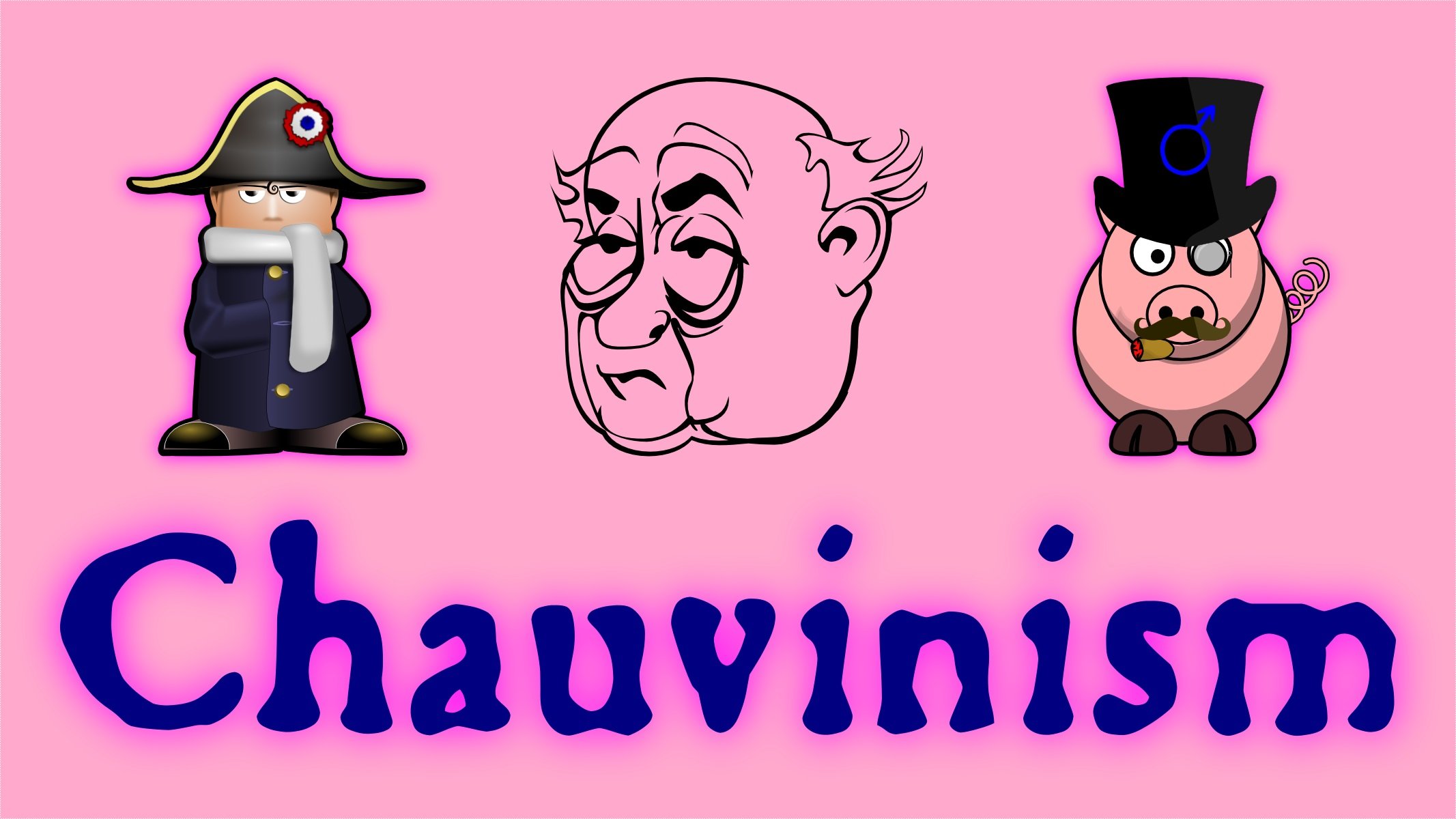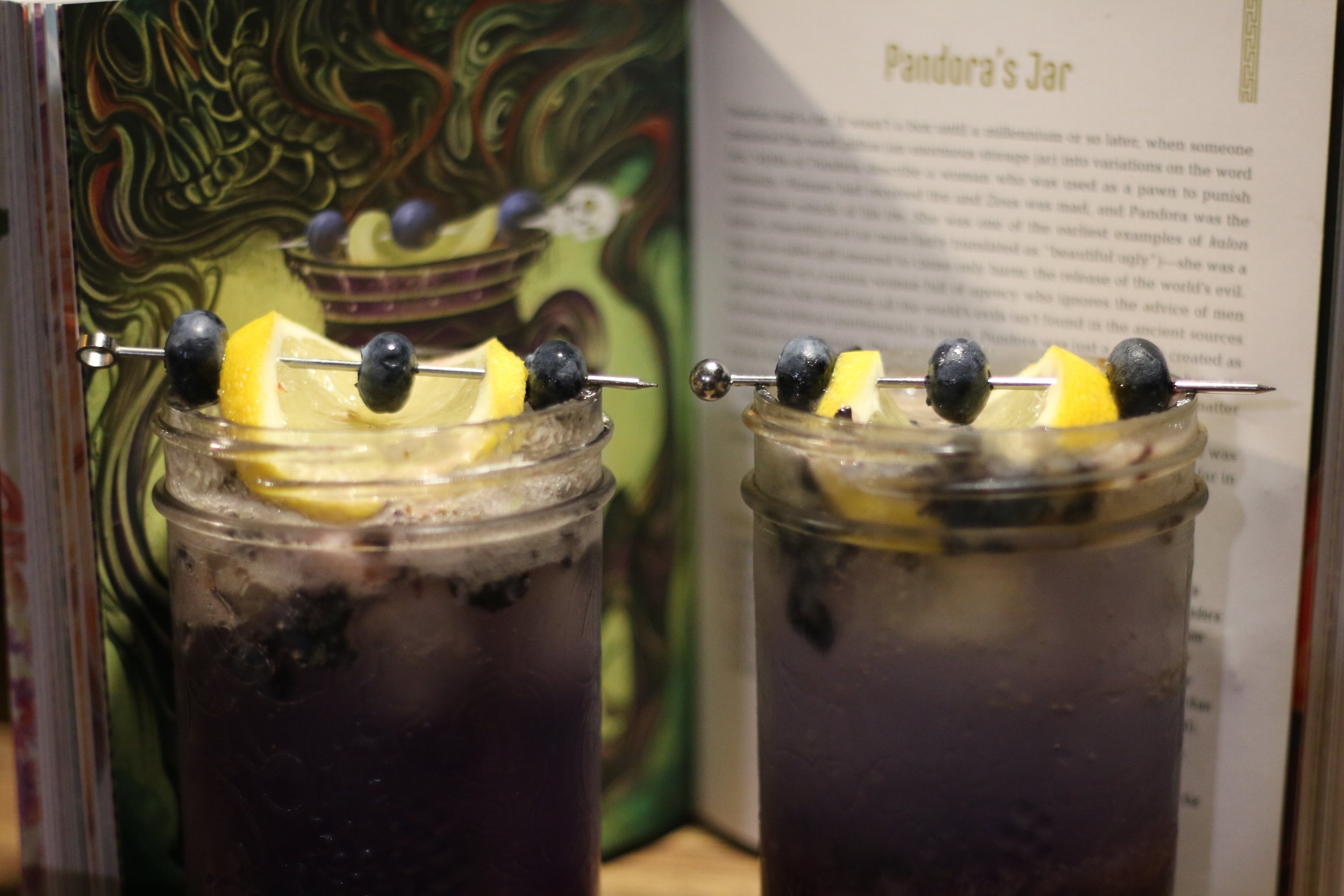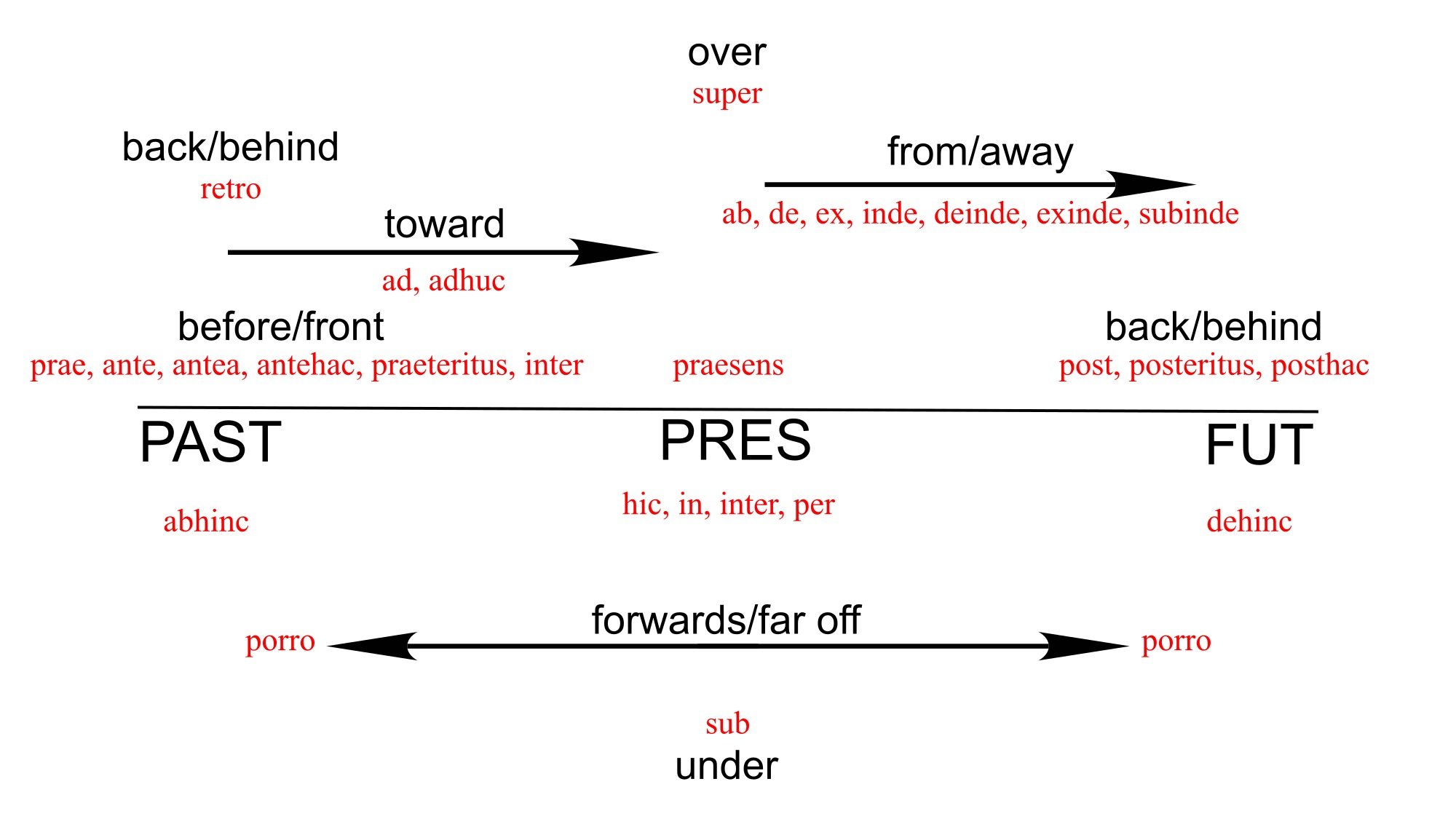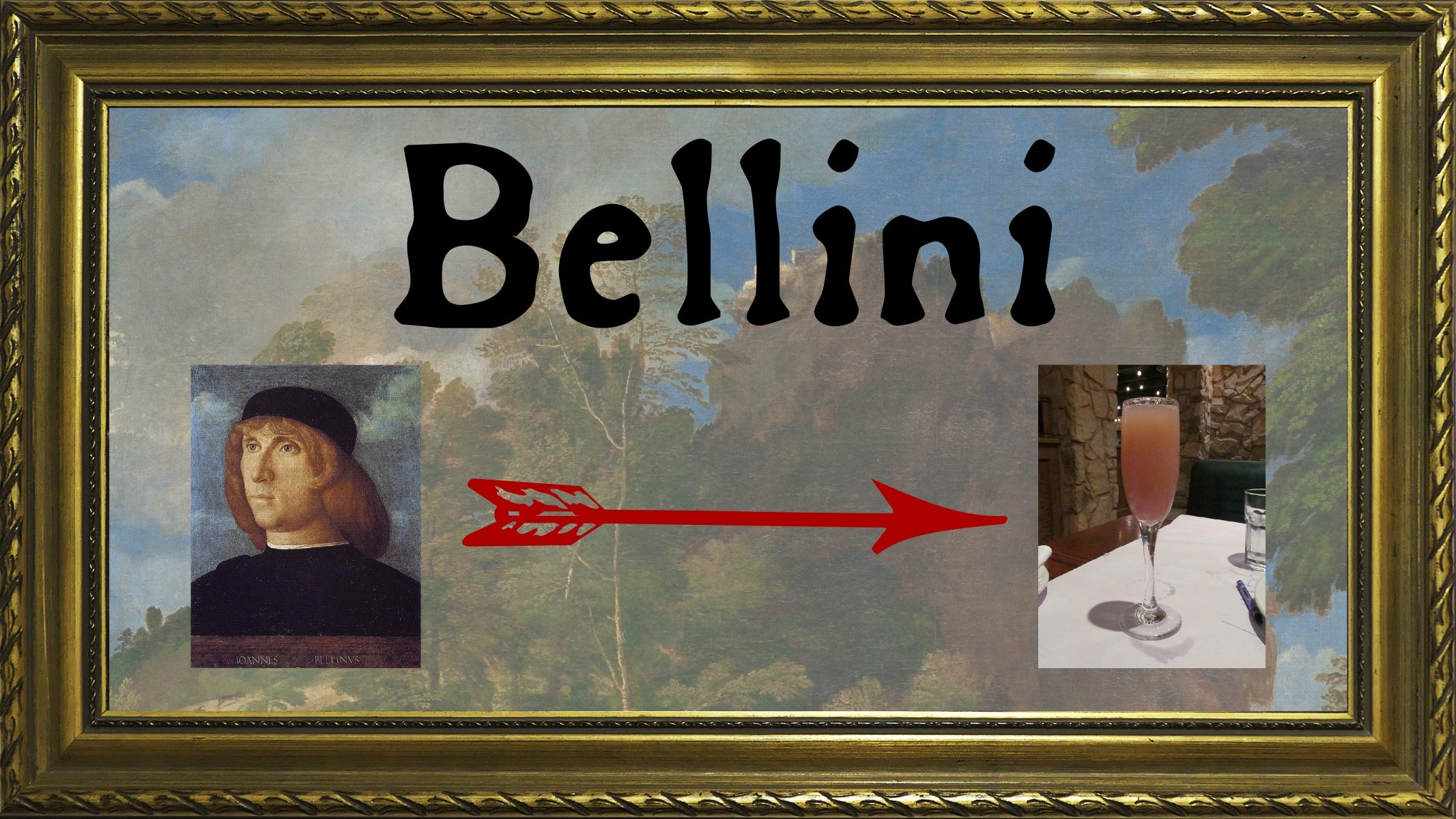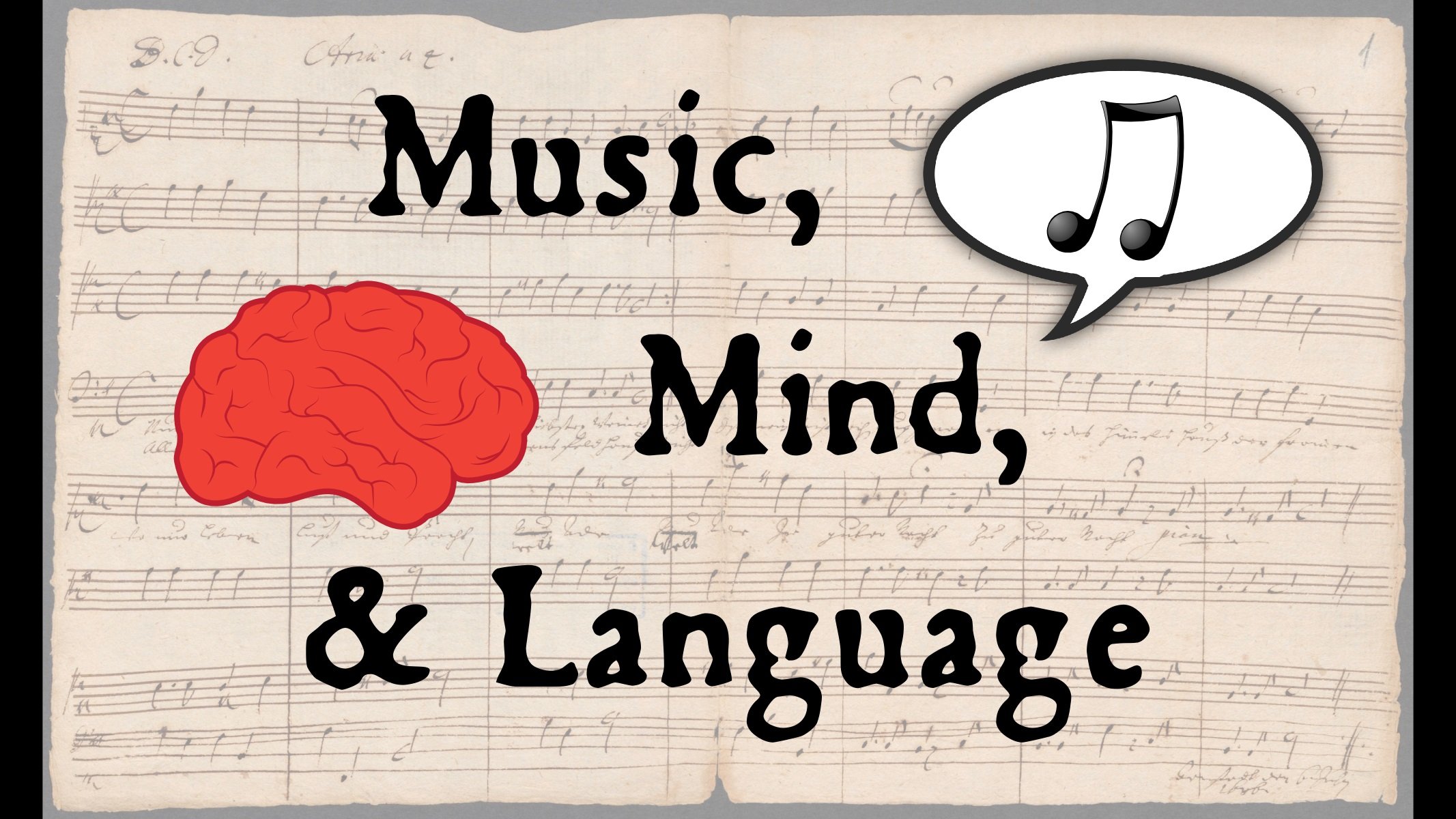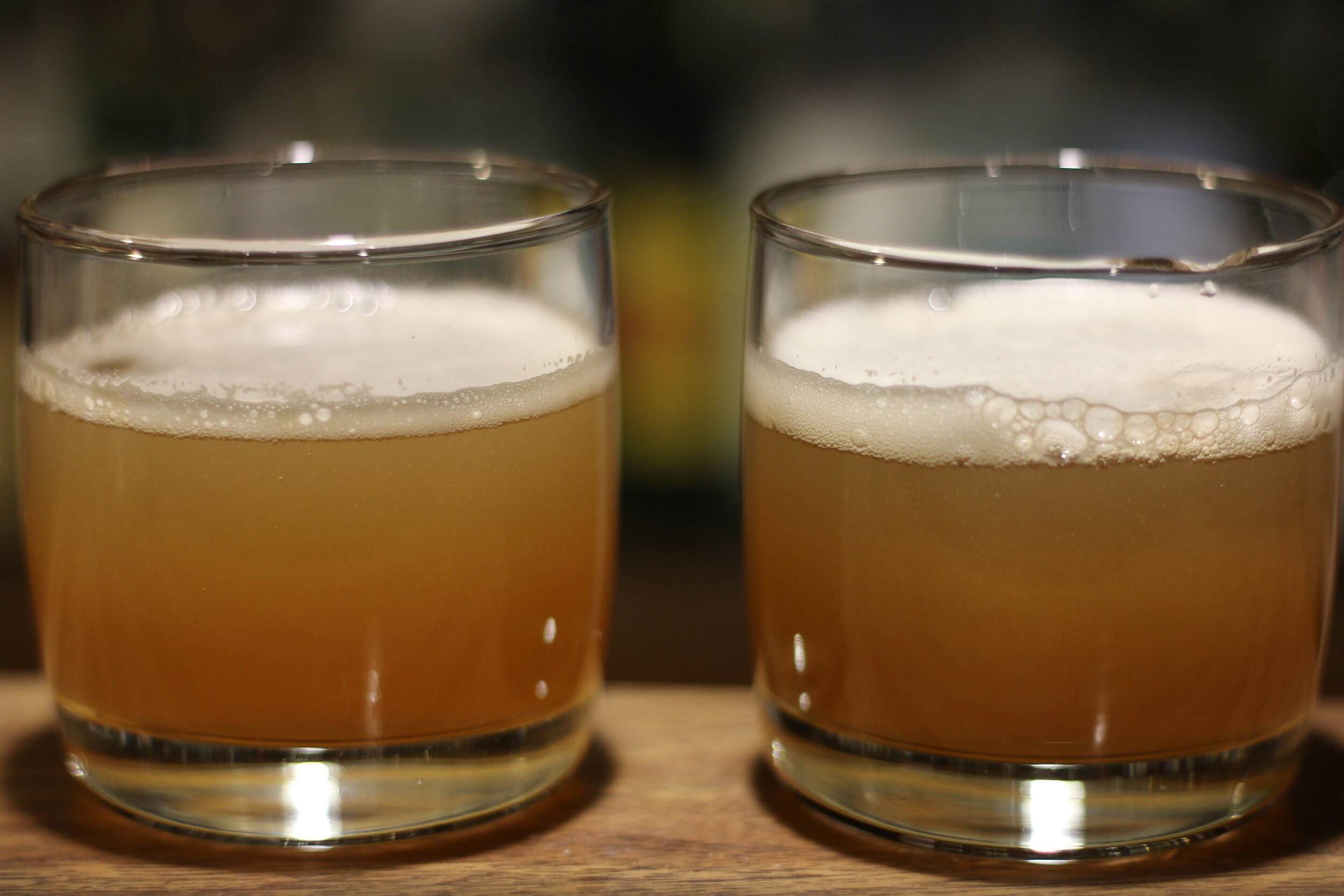We discuss the language and history of the ecological sciences, all the way back to the ancient Greeks, and the development of the food chain and food web models of ecological systems. And apologies for the unscheduled hiatus!
Cuckold video and podcast
Frank N. Egerton. “A History of the Ecological Sciences: Early Greek Origins”, Bulletin of the Ecological Society of America 82.1 (2001): 93-97
———, “A History of the Ecological Sciences, Part 2: Aristotle and Theophrastos”, BESA 82.2 (2001): 149-152
———, “A History of the Ecological Sciences, Part 3: Hellenistic Natural History”, BESA 82.3 (2001): 201-205
———, “A History of the Ecological Sciences, Part 4: Roman Natural History”, BESA 82.4 (2001): 243-246
———, “A History of the Ecological Sciences, Part 5: Byzantine Natural History”, BESA 83.1 (2002): 89-94
———, “A History of the Ecological Sciences, Part 6: Arabic Language Science—Origins and Zoological Writings”, BESA 83.2 (2002): 142-146
———, “A History of the Ecological Sciences, Part 7: Arabic Language Science—Botany, Geography, and Decline”, BESA 83.4 (2002): 261-266
———, “A History of the Ecological Sciences, Part 8: Frederick II of Hohenstaufen: Amateur Avian Ecologist and Behaviorist”, BESA 84.1 (2003): 40-44
———, “A History of the Ecological Sciences, Part 9: Albertus Magnus: a Scholastic Naturalist”, BESA 84.2 (2003): 87-91
This podcast is licensed under a Creative Commons Attribution-ShareAlike 4.0 International License





